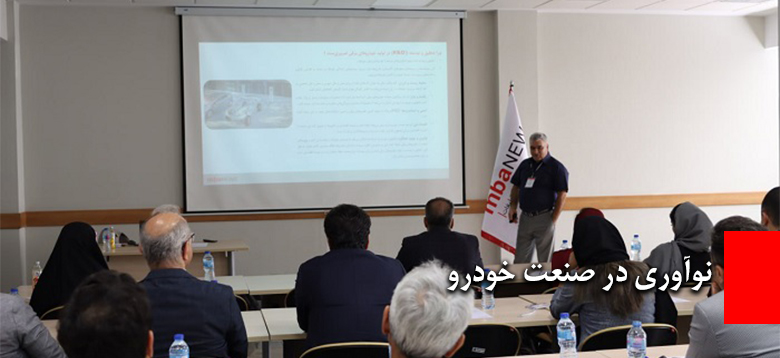02/6
1399

mbanews:With the new coronavirus, COVID-19, becoming widespread, both state-owned and non-governmental organizations have released an extensive amount of data on the disease.
The amount of information published about the virus in Iran is considerable to the extent that maybe only a few people can claim they have not been informed about COVID-19.
The public has a lot of information on the disease, how the virus spreads and ways to prevent being infected, so much so that more than 94% of Iranian women are aware of the coronavirus symptoms.
The following data has been gathered by the dnaunion subsidiary emrc via an online survey carried out in March in order to evaluate the amount of public awareness on different aspects of the virus.
Respondents were 1,256 women of different age groups living in cities across the country. Respondents were aged between 15 to 71 with their average age being 26.5.
Impacts on Life
Almost all respondents were aware of how the virus spreads. Overall, 8 out of 10 respondents were well aware of how to avoid contracting the disease and 2 out of 10 mistakenly believed that antibiotics can be used to prevent contagion.
Moreover, the figures show that the day-to-day lives of 3 out of 10 respondents have been totally disrupted and 6 out of 10 have said that their daily routines, including exercise, meeting with friends and outdoor activities, have been negatively impacted by the outbreak of the coronavirus.
Also, 4 out of 10 respondents feel deeply concerned over the current crisis and 4 are relatively concerned. Respondents in the age group of 20 to 34 were the most concerned.
When the Pandemic Ends?
To date, no national or international organization has spoken of a definite time when the coronavirus crisis will end, but the speculations made in this respect have reached the general public and each group has formed estimations in this respect.
Around half of the participants in this survey estimated that the crisis will come to an end within less than three months and 30% said it will take between 3 to 6 months. Respondents between the ages of 30 to 34 were the most optimistic as 62% of them said the crisis will be done in less than three months.
Public Concern
People concerned about and influenced by the coronavirus crisis can be divided into the three following groups:
-Highly concerned and influenced individuals: Around 16% of the respondents are placed in this group, 15% of which made no estimation of time they think the crisis will be over.
-Relatively concerned and influenced individuals: Around 62% of the respondents belong to this group, a third of which estimated that the COVID 19 crisis will probably be over within 3 to 6 months.
-Less concerned and influenced individuals: Around 22% of the respondents went into this group, 65% of which estimated for the crisis to come to an end within less than 3 months.
On the whole, emrc conducted this survey in alignment with the main responsibility it takes upon itself, which is to increase the information businesses have of potential clients’ viewpoints. The emrc has made the abovementioned data available to various businesses in order to help them make wiser data-driven decisions.





